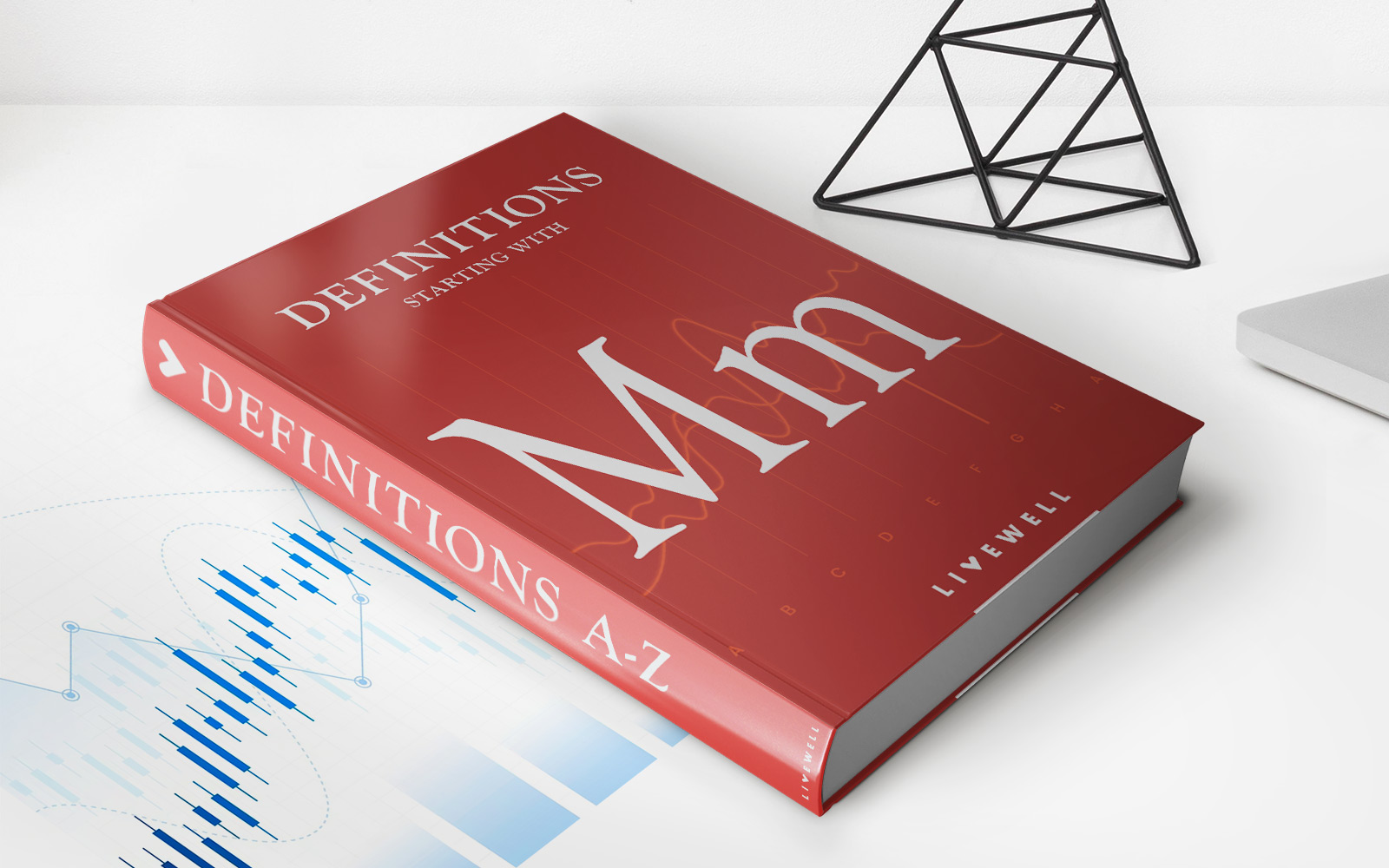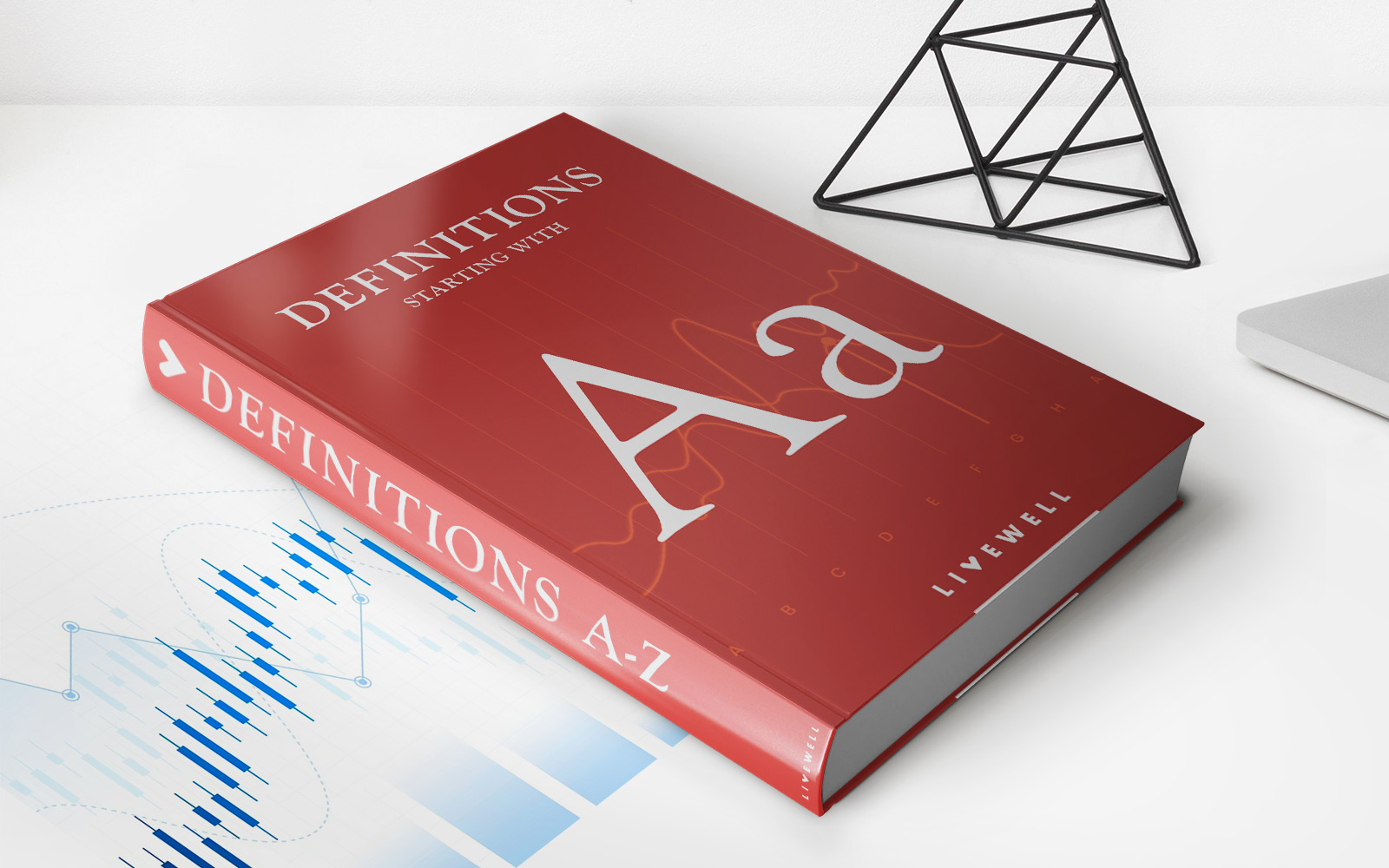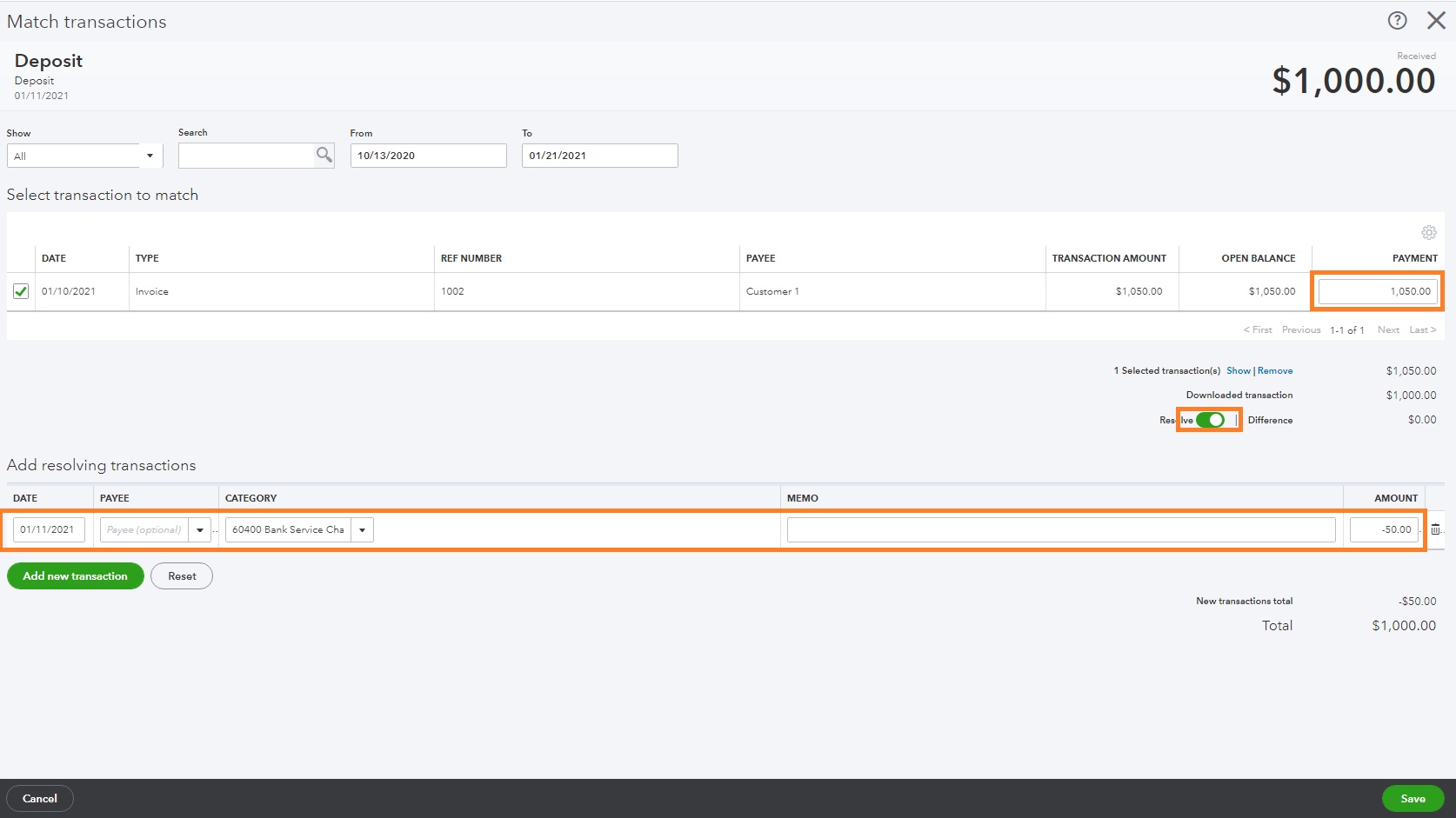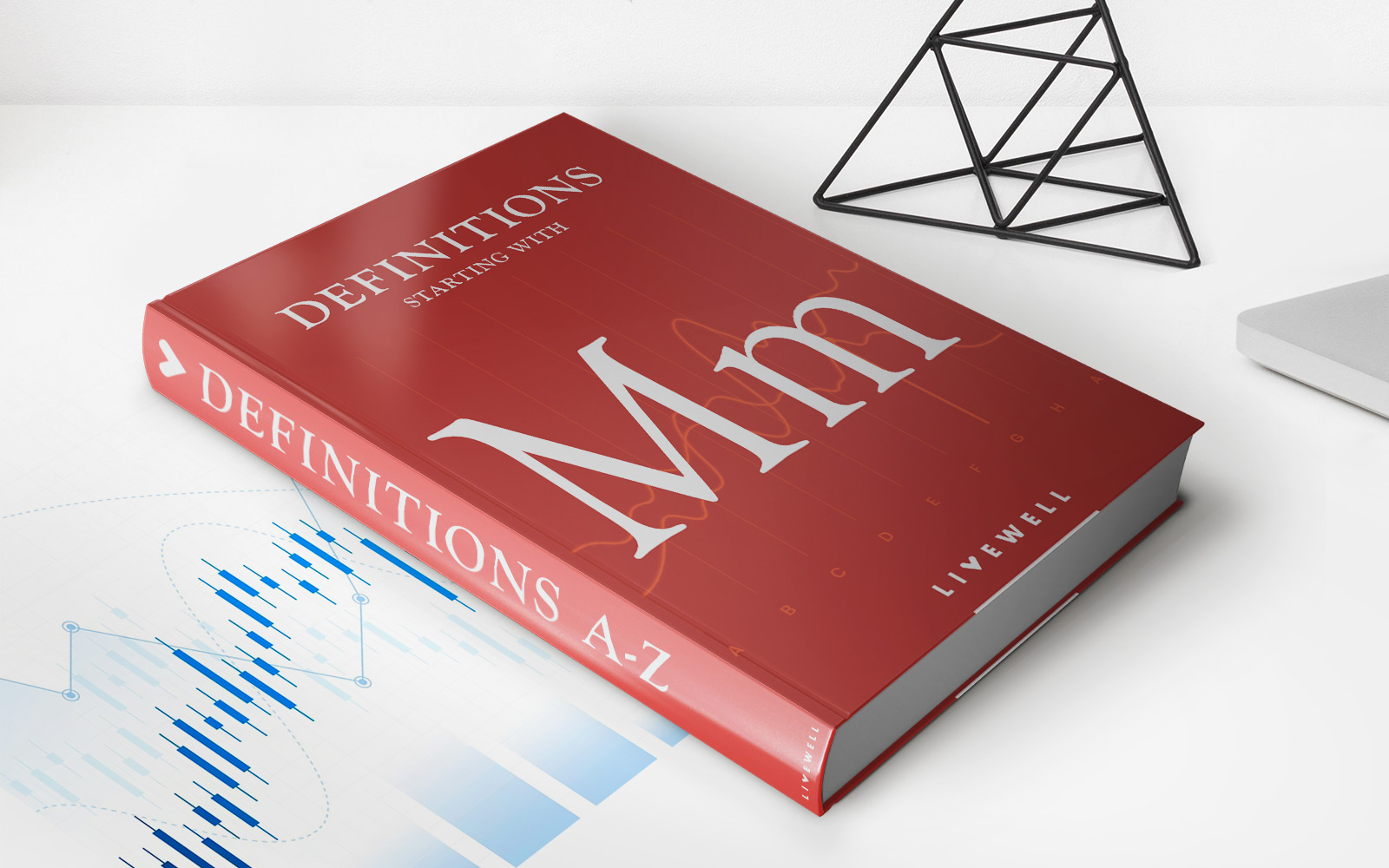Home>Finance>Merchant Category Codes (MCC): Definition, Purposes, Examples


Finance
Merchant Category Codes (MCC): Definition, Purposes, Examples
Published: December 24, 2023
Learn how Merchant Category Codes (MCCs) are defined and used in the finance industry. Discover examples of MCCs and their purposes.
(Many of the links in this article redirect to a specific reviewed product. Your purchase of these products through affiliate links helps to generate commission for LiveWell, at no extra cost. Learn more)
MCC: Definition, Purposes, Examples
Welcome to our Finance category! Today, we’re delving into the fascinating world of Merchant Category Codes (MCC). Have you ever wondered how businesses are categorized when it comes to their financial transactions? How do financial institutions and payment processors differentiate between an electronics store and a grocery store? Well, that’s where Merchant Category Codes come into play! In this blog post, we’ll explore what MCC is, its purposes, and provide some examples to help you better understand this essential element of the financial world.
Key Takeaways:
- MCC codes are used to categorize businesses and their financial transactions.
- Financial institutions, payment processors, and regulatory bodies rely on MCC codes to monitor and analyze economic activities.
What are Merchant Category Codes?
Merchant Category Codes, commonly known as MCC codes, are four-digit numerical codes assigned to businesses to classify their products or services. These codes provide a standardized way of categorizing businesses for financial and analytical purposes. Each MCC code represents a specific industry or type of business.
Purposes of MCC Codes
Now that we know what MCC codes are, let’s explore their purposes:
- Financial Reporting and Analysis: MCC codes allow financial institutions and payment processors to accurately report on and analyze economic activities. Banks and credit card companies can use these codes to generate detailed statements for merchants and customers, which help in tracking expenses and categorizing purchases.
- Regulatory Compliance: Regulatory bodies use MCC codes to monitor and oversee industry-specific economic activities. By categorizing businesses according to their MCC codes, regulators can identify potential risks, compliance issues, or anomalies within specific sectors.
- Fraud Detection and Prevention: MCC codes play a crucial role in detecting and preventing fraudulent transactions. With MCC codes, financial institutions can compare the purchase category with the customer’s usual spending patterns, helping them identify any suspicious or unauthorized activities.
Examples of MCC Codes
To give you a better idea of how MCC codes work, here are a few examples of different MCC categories:
- 5814 – Fast Food Restaurants: This MCC code is used to identify businesses that primarily serve fast food, such as popular burger chains or pizza outlets.
- 4814 – Telecommunication Services: This MCC code applies to companies providing telecommunication services, including mobile network operators and internet service providers.
- 7011 – Hotels and Lodging: This MCC code represents businesses in the hotel and lodging industry, such as hotels, motels, and bed and breakfast establishments.
- 7832 – Video Game Arcades: This MCC code categorizes businesses that operate video game arcades or gaming centers.
These are just a few examples among the thousands of MCC codes in existence, each catering to a specific industry or type of business.
In Conclusion
Merchant Category Codes (MCC) play a vital role in categorizing businesses and their financial transactions. Whether it’s for reporting, compliance, or fraud prevention, MCC codes offer a standardized way to classify economic activities. By understanding the purposes and examples of MCC codes, you now have a better understanding of how financial institutions and payment processors navigate through the intricate world of business transactions.
Remember, understanding MCC codes can be beneficial for businesses and consumers alike, as it helps with financial tracking, regulatory compliance, and fraud prevention.














